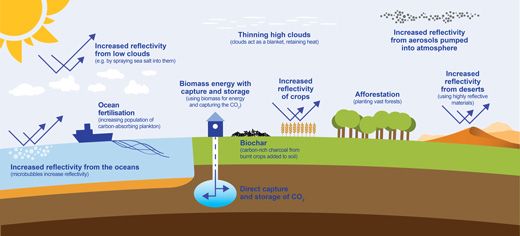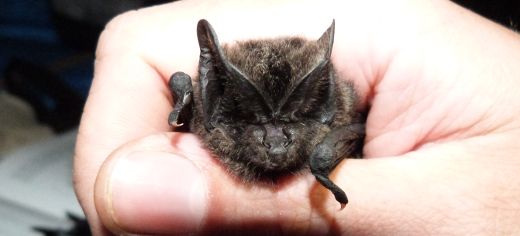
Scientists observe the Earth grow a new layer under an Icelandic volcano
New research into an Icelandic eruption has shed light on how the Earth's crust forms, according to a paper published today in Nature.

New research into an Icelandic eruption has shed light on how the Earth's crust forms, according to a paper published today in Nature.

Predictions of Greenland ice loss and its impact on rising sea levels may have been greatly underestimated, according to scientists at the University of Leeds.

The deliberate, large-scale intervention in the Earth's climate system is not a "quick fix" for global warming, according to the findings of the UK's first publicly funded studies on geoengineering.

Scientists have proven definitively that climate change could not have been responsible for a huge population collapse in Europe at the end of the Bronze Age.

Today, the European Space Agency's (ESA) Rosetta mission is attempting one of the most ambitious manoeuvres in space exploration: to soft-land a robotic probe on a comet for the first time.

A bat species thought to be restricted to temperate forests has been found living thousands of miles from its known range in the sweltering heat of the southern Indian rainforest.

A "once-in-a-lifetime" chance to watch a comet flying close to Mars gave a unique insight into the effect of such a near miss on a planet's atmosphere, according to a University of Leeds academic.

Research from the University of Leeds and an international team of scientists has shown a recent increase in atmospheric hydrogen chloride (HCl), a substance linked to destruction of the ozone layer.

The University of Leeds will host an event on Tuesday, 4 November to critically reflect on the key findings of a report on climate change that was recently published by a United Nations (UN) panel.

Research from the universities of Leeds and Cambridge has revealed boosting cycle use in England could be worth as much as £6bn annually by 2025 in health benefits alone.